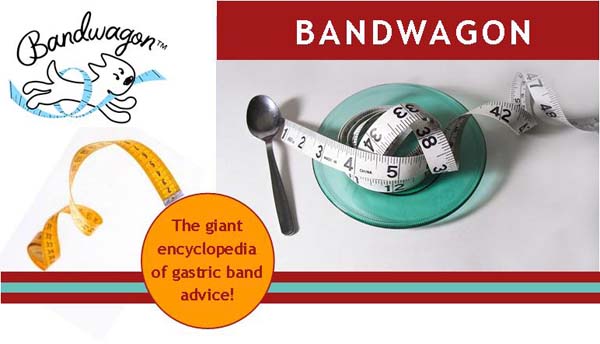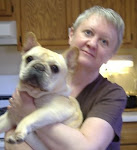
In early November, one of our rose bushes decided to produce one last perfect rosebud before nodding off into its long winter sleep. You couldn’t miss that rose: a bright coral spot in the otherwise dull brown and grey garden remnants. I cut the rose, brought it inside, and put it in a bud vase on the counter of the bathroom I use the most, so I could enjoy it every time I went into the room (which, with my small capacity bladder, is at least 500 times a day). I positioned the vase so that the rose would be looking at me whenever I entered the room. Later that day, I went off to work and forgot about the rose until I came home six hours later.
Of course I saw the rose as soon as I walked into the bathroom, but it wasn’t facing me as I had left it. It had turned its lovely head towards the mirror, so it could admire itself. I could swear I heard the rose talking to its reflection. This is what it said:
“Oh my! Aren’t you a lovely girl? I’ve never before seen such a pretty face, and your color! You are just stunning! And I can tell that you are beautiful through and through; I can see your soul shining in those coral petals; I can see your spirit supporting that slender stem, and just a few thorns to remind everyone that you deserve respect. It’s a delight to meet you. I hope you won’t mind if I stare at you a while and drink in your loveliness. Is that okay with you? Oh, good. You are as kind as you are beautiful.”
Clearly, self-esteem was not an issue for that girl.
And why would it be, you ask? She’s a rose…to paraphrase the Bible, she toils not, nor does she spin. In fact, she’s awfully self-centered, mooning over her reflection in Jean’s bathroom mirror. She’s not like me – she’s young and fresh and perfect, while I am old and tired and wrinkled and fat.
That’s an easy conclusion to make, but it’s not correct. You have judged both the rose and yourself wrongly, and here’s why.
Rose was a late bloomer. While she worked for weeks to grow from a glimmer in God’s eye into a tight little bud, while her bigger, showier sisters burst into bloom and, being incorrigible show-offs, made sure to taunt little Rose. They called her names: immature, ignorant, slow, stupid…well, I’m sure you can imagine how that went. But Rose persisted. She was determined to bloom before the first frost, to prove her sisters wrong. She knew it would be slow and difficult, but it was her last chance. The brevity of a rose’s life was obvious to her as her older sisters shed their limp, brown-edged petals and dried into sad, hard rose hips. It would have been wonderful to prove them wrong before they died, but Rose knew she must fulfill her fate whether or not she had an audience. She was going to be a glorious rose just for herself.
And she did become a glorious rose. She achieved her goal, brightened my life and even as her life expectancy shrank from weeks to days to hours, she gazed in the mirror and said, “Oh my! Aren’t you a lovely girl?”






